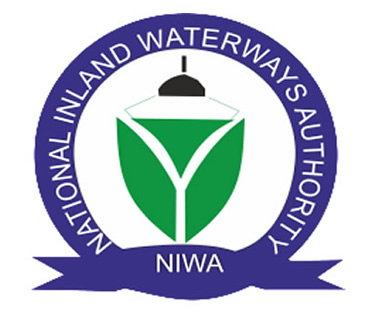The Association of Bonded Terminal Operators of Nigeria (ABTON) has expressed concerns about the persistent risks of waterway accidents in Nigeria despite government efforts to address the issue. ABTON argues that the core problem lies in the inadequate enforcement of safety regulations, a responsibility primarily shouldered by the National Inland Waterways Authority (NIWA). While acknowledging the government’s commitment to improving waterway safety, ABTON emphasizes that a more robust and comprehensive approach to enforcement is crucial to mitigating these preventable tragedies. The association believes that a fragmented approach, characterized by insufficient personnel and a lack of inter-agency collaboration, undermines the effectiveness of safety measures and continues to expose passengers to unnecessary dangers.
A critical point of concern raised by ABTON is the significant disparity between the number of NIWA marshals and the vast expanse of waterways they are tasked with overseeing. While the recent increase in marshals from 80 to 350 represents a positive step, ABTON contends that this number is still woefully inadequate to effectively patrol the 10,000 kilometers of Nigerian waterways. This translates to approximately 28.5 kilometers of waterway per marshal, a logistical impossibility that renders comprehensive monitoring and enforcement practically unattainable. ABTON proposes two potential solutions to address this manpower deficit: NIWA should either significantly increase its recruitment of marshals or forge collaborative partnerships with state governments to supplement its personnel. This collaborative approach, involving 20 to 30 states in a joint patrol system, would not only bolster enforcement efforts but also facilitate swifter responses to accidents and emergencies.
Beyond the issue of manpower, ABTON advocates for a legislative overhaul of the NIWA Act to empower state governments with greater regulatory authority over waterways within their respective jurisdictions. This amendment, according to ABTON, would be a crucial step towards improving safety standards and responsiveness. By granting states the authority to actively participate in waterway management, NIWA would gain valuable support in enforcing regulations and ensuring compliance. This decentralized approach would also enable a more targeted and localized response to safety challenges, leveraging the specific knowledge and resources of state authorities.
Furthermore, ABTON emphasizes the importance of internal oversight within NIWA to maintain the integrity of its enforcement efforts. The association calls for rigorous monitoring of NIWA personnel to prevent compromises on safety standards and ensure accountability. To further enhance safety protocols, ABTON proposes the implementation of a standardized Safety Operations Procedure document, readily accessible to all boat operators. This document would serve as a comprehensive guide to safe practices, outlining essential procedures and guidelines for navigating the waterways. Complementing this, regular inspections of both boat operators and passengers should be conducted to verify adherence to these safety protocols.
Collaboration between NIWA and other relevant agencies is also highlighted as a vital component of effective enforcement. ABTON urges NIWA to establish stronger working relationships with other maritime and security agencies operating on the waterways. This inter-agency cooperation would facilitate information sharing, coordinate enforcement activities, and enhance overall security on the waterways. By pooling resources and expertise, these agencies could create a more comprehensive and integrated approach to safety management, minimizing redundancies and maximizing efficiency.
In conclusion, ABTON’s recommendations underscore the multifaceted nature of the challenge facing waterway safety in Nigeria. While acknowledging the government’s efforts, the association emphasizes the urgent need for strengthened enforcement, increased manpower, inter-agency collaboration, and legislative reform. These measures, ABTON argues, are essential to mitigating the risks of waterway accidents and ensuring the safety of passengers navigating Nigeria’s extensive network of waterways. By addressing these critical issues, Nigeria can move towards a more secure and sustainable future for its vital waterway transport system. The focus should remain on proactive measures to prevent accidents, rather than reactive responses after tragedies occur. A comprehensive strategy involving all stakeholders is crucial for achieving lasting improvements in waterway safety.














